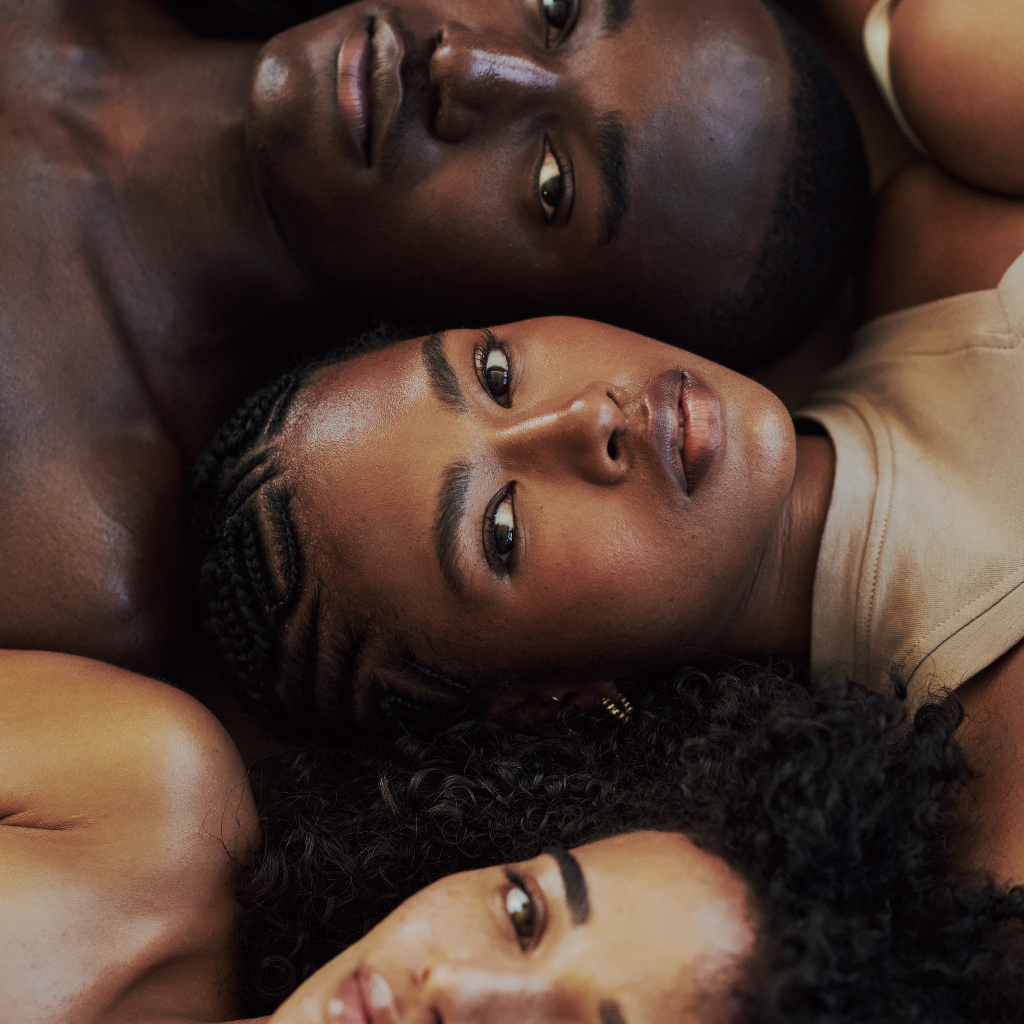
Understanding the Different Shades of Brown
Share
The human palette is diverse and beautiful, with skin tones ranging across a broad spectrum of colors. Brown skin comes in an array of shades, each uniquely gorgeous and rich in undertones and complexity. From the light, warm hues of olive skin to the deep, resonant tones of a dark complexion, understanding these various shades can help in everything from fashion choices to skincare routines. Let's delve into the different shades of brown skin tone and celebrate the diversity of this earthly pigment.
Olive Skin Tone
Olive skin is characterized by its green or yellow undertones, giving it a distinct, natural glow. People with olive complexions often find that their skin tans easily and is less prone to sunburn compared to lighter skin tones. This skin type is common among individuals from Mediterranean, Middle Eastern, and some Asian and Latin American countries. Olive skin can range from lighter to darker shades, and it's important to recognize that olive is not synonymous with tan; it's a specific undertone that can be present in various levels of melanin.
Choosing the Right Colors
When it comes to makeup and clothing, olive-skinned individuals can enhance their natural beauty by choosing colors that complement their unique undertones. Earthy tones like greens, browns, and oranges often work well, as do metallics like gold and bronze. Cool colors, such as blues and purples, can also beautifully contrast against the warm undertones of olive skin.
Shades of Brown Skin Tone
Moving into the deeper shades of brown, we find a spectrum that includes caramel, almond, and espresso, among others. These skin tones are rich in melanin, providing natural protection from the sun's UV rays. The shades of brown skin tone are diverse, with a multitude of undertones such as red, blue, yellow, or neutral. This diversity not only contributes to the beauty of individuals but also presents a challenge in areas like the beauty industry, which must cater to this wide array of shades.
Skincare and Protection
by Dias ^ (https://unsplash.com/@vierundsieben)
While darker skin tones have the advantage of more melanin, which offers some UV protection, it's a myth that they don't need sunscreen. It's crucial for all skin tones to use SPF to protect against sun damage and skin cancer. Additionally, finding the right skincare products that cater to the specific needs of darker complexions—such as hyperpigmentation and dryness—is vital for maintaining skin health and vibrancy.
Dark Complexion
At the deeper end of the spectrum, we have dark complexions with shades that can resemble rich chocolate and deep mahogany. These skin tones are often associated with people of African descent but can also be found in parts of South Asia, the Pacific Islands, and indigenous communities from various regions. The beauty of a dark complexion is its intensity and the way it can range from cool to warm undertones.
Embracing the Depth of Color
For those with a dark complexion, embracing the depth of their skin color can be empowering. Fashion and beauty choices that include vibrant colors and bold patterns often look stunning against a dark backdrop. In recent years, there has been a surge in the availability of makeup products designed specifically for darker skin tones, allowing for greater expression and celebration of this natural beauty.
Understanding the different shades of brown skin tone is about more than aesthetics; it's about recognizing and valuing the diversity of human skin. Whether you have olive skin, a shade of brown skin tone, or a dark complexion, each color has its unique characteristics and beauty that deserve to be celebrated and protected.
by Francesco Ungaro (https://unsplash.com/@francesco_ungaro)


